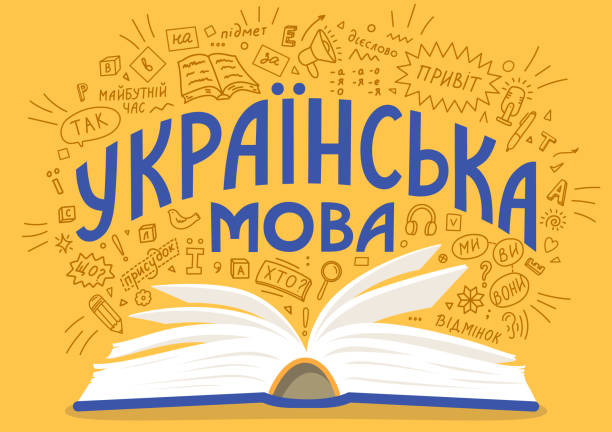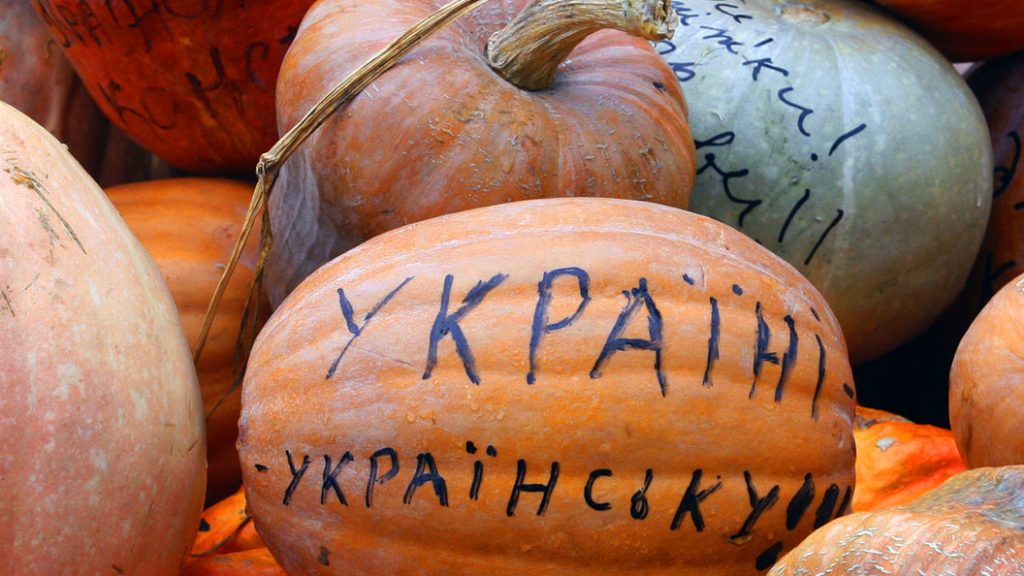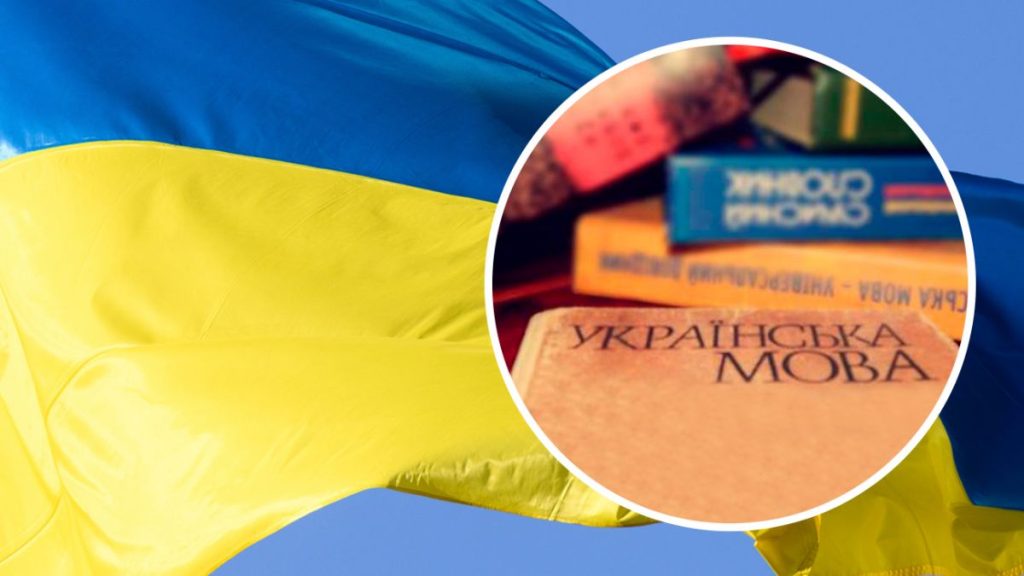Identity
Until the 19th century, the Ukrainian language was most often referred to as “Rus’kiy language” (not to be confused with Russian!) or “Old Russian”. This name was used to distinguish it from the Church Slavonic language, which was common in the Orthodox Church. The terms “Malorussian language” or “South Russian language” were also sometimes used, especially in literary and scholarly contexts.

A quarter of a million words – and that’s just the beginning!
The modern Ukrainian language has about 256 thousand words. This is reported by the National Academy of Sciences of Ukraine. Interestingly, Ukrainians have the most common words with Belarusians – as much as 84%! With Poles and Serbs – 70% and 68% respectively, but with Russian – only 62%.
The first Ukrainian words were written down in the V century

In 448 the Byzantine historian Priscus of Pania travelled through the territory of modern Ukraine and recorded the first Ukrainian words: “honey” and “dish”. Such are our ancient and sweet roots.
The first Ukrainian primer is a cool find!
Ivan Fedorov published the first Ukrainian “Primer” back in 1574 in Lviv. Only one copy has survived to our days, which was found in 1927 in Rome. Now this unique book is kept in the library of Harvard University.
The founder of the literary language is Kotlyarevsky, and the father is Shevchenko
After the publication of Ivan Kotlyarevsky’s Aeneid in 1798, the Ukrainian language was recognised as a literary language. Kotlyarevsky is considered the founder of the new Ukrainian language, and his father is Taras Shevchenko. Our literary language is based on the Dnieper dialect.
134 bans on the Ukrainian language – how is this possible?

The Ukrainian language has survived 4 centuries of repression and linguocide. There were so many bans against it that scholars barely count 134. The most famous document is Valuyev’s circular aimed at Russification of Ukrainians. In the USSR, the Ukrainian language was also decently oppressed, replacing authentic words with Russian analogues.
The letter “ґ” was banned for over half a century
In 1933, the letter “ґ” was removed from Ukrainian grammar. The Communists tried to make the language closer to Russian, where “g” and “ґ” are phonemes of the same letter. Maksym Rylski and Pavel Tychyna tried to put “ґ” back into the alphabet, and it was only successful in 1990.
The most popular letter is “p.”
The most words in the Ukrainian language begin with the letter “p”. The least number of words in the Ukrainian language starts with “f”, and these are mostly borrowings: fabrika, farba, figure.
Pronunciation of “F.”
Linguist Yuriy Shevelev notes that the sound “f” is not peculiar to the Ukrainian language and came to us from outside. For a long time it was replaced by “xv”, and less often by “x” or “p”. Boris Grinchenko in the preface to his “Dictionary of the Ukrainian Language”, published in 1909, wrote: “Since the sound “f” in most Ukrainians is pronounced as “hv” (before a vowel, except for “u”) or “x” (before a consonant and “u”), we, compiling a dictionary on the letter “f”, included only those words for which there was no duplicate with “hv” or “x”””. For example, Grinchenko cites the words: hvabrika, hvarba, hviґura. Even Fastov was written “Khvastov” for some time.
The educated circles, where they usually spoke Russian or Polish, where the “f” sound is natural, considered the pronunciation and spelling with “hv” as commonplace and used “f”. In Soviet times it was fixed, as it fit well into the process of rapprochement of the Ukrainian language with Russian. It turns out that “Bukhvet” sounds “more Ukrainian”, although grammatically incorrect.
Smaller and more affectionate
One of the peculiarities of Ukrainian is a considerable number of diminutive and affectionate forms: kitsyunya, kozenyatko, vorozhenki, їston’ki, spaton’ki, nedalechko, teperechki.
The more synonyms there are, the richer the language is

The word “beat” has as many as 45 synonyms in the “Concise Dictionary of Synonyms of the Ukrainian Language“, which contains 4279 synonymic series. And “horizon” has 12 synonyms.
The longest word is a real tongue twister
The longest word in the Ukrainian language consists of 30 letters – “dichlorodiphenyltrichloromethylmethane”. It is a chemical for pest control, try to pronounce it!
Unique exclamation case
In Ukrainian, unlike other East Slavic languages, a noun has 7 cases, and one of them is exclamatory. This case is also found in Latin, Greek and Sanskrit. Pretty cool, right?
And in conclusion, one more little-known fact about the Ukrainian language. There is no mat, only swear words, all other obscene words came into Ukrainian from Russian.


Leave a Reply